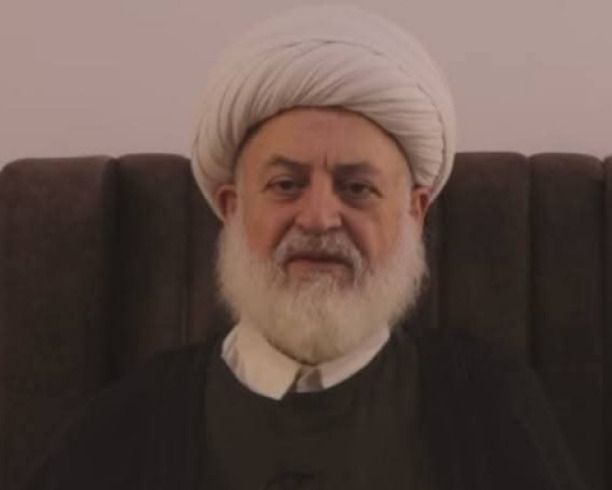Statement by the Spiritual Leader of the Alawite Sect in Syria Criticizing the Investigation Committee into Coastal Violations

In a statement released today, Sheikh Ghazal Ghazal, the representative of the spiritual authority of the Alawite sect in Syria, accused the investigation committee into violations on the Syrian coast of "bias and whitewashing crimes", rejecting its findings and describing it as "a tool to justify violence and cover up the perpetrators".
The statement emphasized the need to establish "independent international investigation committees to look into violations against civilians", denying the existence of so-called "remnants of the ousted regime" and considering it a "fabricated pretext". It also held "the terrorist system" responsible for attempts to dismantle Syrian society, affirming that "the fate of the Alawite sect is an integral part of Syria's destiny".
The statement called for the establishment of a "decentralized or federal system based on a consensus constitution", stating that "a just political solution is the only way to end the suffering of Syrians". It demanded the release of detainees and holding those responsible for "crimes and massacres" accountable, urging the international community to "take action and pressure for a comprehensive political settlement".
It warned that the continuation of the current situation "will lead to a comprehensive collapse and threaten the unity of the Syrian geography", affirming that "adherence to national constants, unity of speech, and patience" is the optimal choice.
This statement comes days after the announcement of the fact-finding committee on the events of the Syrian coast releasing its final report during a press conference in Damascus, where it confirmed that it had handed over the complete report to the presidency.
The investigation covered the provinces of Latakia, Tartus, and Hama, documenting violations since the beginning of March 2025, through visits to 33 sites and documenting 938 testimonies from witnesses, including families of victims and detainees. The report revealed coordinated attacks on March 6 targeting security and military sites, resulting in the killing of 238 members of the army and security forces, including those who were "disarmed, killed while captives or wounded".
It also mentioned the destruction of 6 hospitals and targeting civilians, with the government responding by sending control-restoring forces, but the counterattack witnessed excesses, resulting in 1426 deaths, mostly civilians, including 90 women. The report suggested that some victims fell during "random or retaliatory search campaigns".